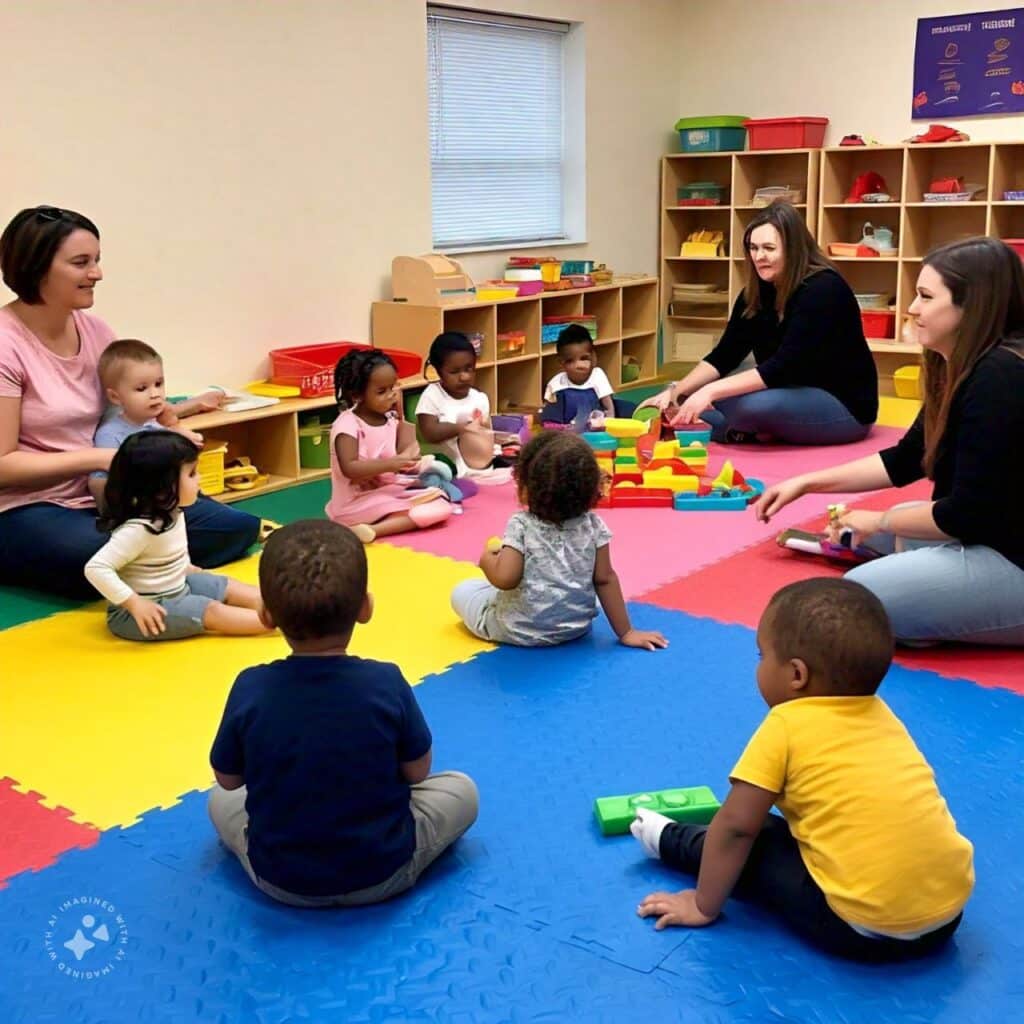4 Role of Parents in Preschool Education


Role Of Parents In Preschool Education
The early years of a child’s life are crucial in shaping their future success. As a parent, your involvement in your child’s preschool education can have a lasting impact. The role of parents in preschool education is not just about providing academic support, but also fostering a love for learning, emotional development, and social skills. By actively participating in your child’s early education, you set them up for a bright future.
In this blog, we’ll explore how parents can play a vital role in preschool education, and offer simple, practical tips to ensure your child’s early educational journey is a positive and enriching experience.
1. Creating a Supportive Learning Environment at Home

The learning environment at home significantly influences your child’s attitude towards education. Even before they enter preschool, children are constantly learning through play, interaction, and exploration. As a parent, you can set the stage for lifelong learning by creating a positive and engaging environment at home.
Encourage Curiosity
Children are naturally curious. By showing interest in their questions and encouraging them to explore, you foster their natural curiosity. Whether it’s asking about the world around them or discovering new things together, these moments help build a foundation for learning. You can promote curiosity by asking open-ended questions, such as “What do you think will happen if we mix these colors?” or “How do you think we can solve this puzzle?”
Establish a Routine
A consistent daily routine helps children feel secure and organized. It teaches them about time management and helps them understand the importance of structure in their lives. Create a simple schedule that includes time for meals, play, reading, and rest. This sense of stability will help your child focus better when they enter preschool.
2. Active Involvement in Preschool Learning
While preschool teachers play a crucial role, your involvement can significantly enhance your child’s learning experience. Parental involvement in preschool supports not only academic success but also social and emotional development.
Communicate with Teachers
Building a relationship with your child’s preschool teachers is essential. Keep in touch with them regularly, and attend parent-teacher conferences. Teachers can provide valuable insights into your child’s progress, strengths, and areas for improvement. This open communication ensures you are aware of your child’s learning journey and can support them at home.
Reinforce Learning at Home
What your child learns in preschool can be reinforced at home with simple activities. If your child is learning to count, practice counting objects around the house. If they are learning about animals, watch documentaries or visit a zoo together. By integrating learning into everyday activities, you help your child connect classroom lessons to the real world.
3. Fostering Social and Emotional Growth
Preschool is not just about academic learning; it’s also about helping your child develop essential social and emotional skills. These skills are foundational for building relationships and managing emotions throughout life.
Teach Social Skills
At preschool, children learn how to interact with others, share, and cooperate. As a parent, you can help reinforce these skills by providing opportunities for your child to practice at home. Encourage them to share toys, take turns, and communicate kindly with others.
Support Emotional Expression
Preschool is also the time when children start to understand and express their emotions. Be there to support them through moments of frustration or sadness. Help them understand how to express their feelings with words, like “I feel upset because I wanted to play with that toy.” This emotional intelligence is key to their overall development.
4. Leading by Example: Be a Role Model for Learning
As a parent, you are your child’s first role model. If you show enthusiasm for learning, your child will likely follow suit. Share your own interests and hobbies with your child. Whether it’s reading a book, learning a new skill, or exploring a new subject, your actions can inspire your child to develop their own love for learning.


